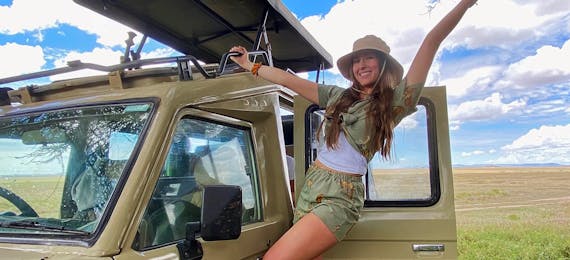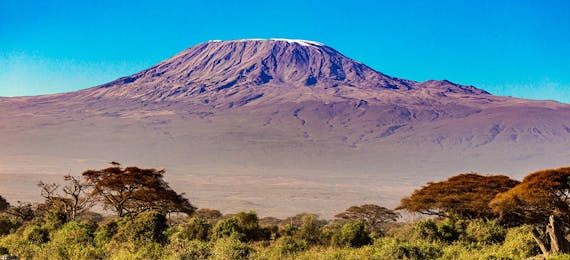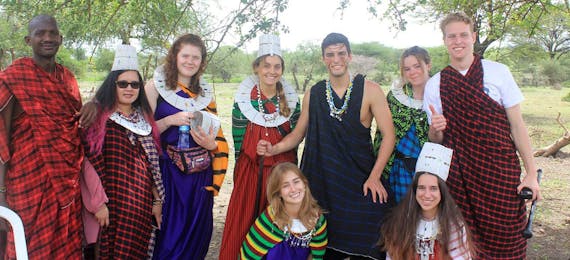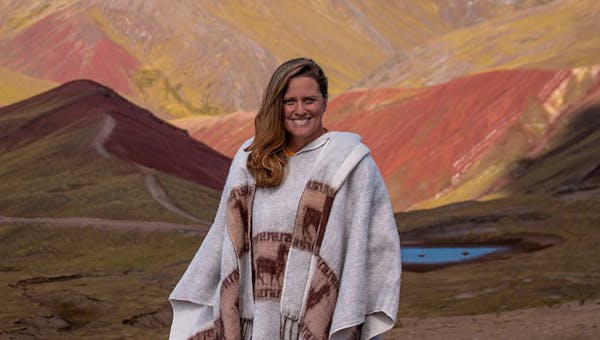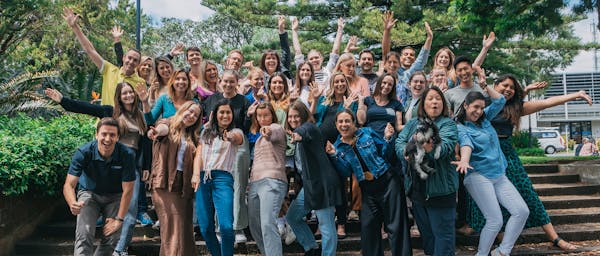Accommodation and WiFi
Volunteers in Tanzania are accommodated in dorm-style volunteer houses or homestays located in Sakina, Arusha. The local team currently hosts volunteers in three volunteer houses, typically for younger volunteers, and two homestays, often preferred by families and mature volunteers.
In the volunteer houses, volunteers share a room with one to nine others of the same gender, with most rooms accommodating up to six people. Homestays can accommodate up to 10 volunteers, with rooms also separated by gender and a maximum of four people per room.
Living conditions in Arusha are basic but comfortable. Both volunteer houses and homestays have running water and electricity. Toilets and showers are Western-style, though power outages are common, which can affect the availability of hot water and electricity.
During the busy months of January, June, July, and August, the volunteer accommodations in Arusha may reach capacity. To ensure everyone is comfortably accommodated, some volunteers may be hosted in a nearby hotel in dormitory-style rooms separated by gender. Volunteers can expect to share a room with up to seven people.
Wifi is not available at homestays, and although volunteer houses have wifi, it is slow and unreliable. To stay connected, we recommend purchasing an e-SIM before arrival or bringing an unlocked mobile phone and buying a local SIM card in Tanzania. The local team can assist you with purchasing a SIM card and data during your program orientation. Complimentary wifi is available at the hotel.
If you wish to arrive before your recommended arrival date or extend your stay, extra nights at the standard accommodation can be arranged for US$40 (approximately AU$65) per person, per night. Extra nights include three meals a day, are subject to availability, and bookings can be requested by registered volunteers via their profiles.
For added privacy and comfort, private room upgrades are available year-round at a nearby hotel for an extra cost. These rooms can accommodate one or two persons and offer private bathrooms. They are subject to availability and can be booked as an add-on through your MyIVHQ account after registration.
Meals
Tanzanian cuisine varies across the country due to differences in produce found inland and along the coast. The immigration of Khoja Indians has introduced Indian flavors to local dishes. Staple foods in Tanzania include rice, ugali (maize porridge), chapatti, and beans. Rice and beans are significant components of meals, so expect to be served these often.
Volunteers are provided with three meals a day. Breakfast typically consists of eggs served with pancakes, mandazzi (deep-fried dough balls), or cake, along with plenty of fresh fruit, bread, and a selection of jams and other spreads for toast. Lunch and dinner usually feature a traditional meat dish (chicken or beef) alongside a vegetable dish, beans, lentils, or cooked vegetables served with rice, pasta, chips, or chapatti.
Meals are prepared for volunteers by host families at homestays and by cooks at the volunteer houses. Those accommodated in the hotel, whether in private room upgrades or during the busy season, will receive their meals on-site. Lunch boxes and sandwiches can be provided upon request if your placement is scheduled to finish after lunchtime.
Bottled water is readily available in Tanzania, and volunteers should budget approximately US$5 per week for 2 liters a day. Filtered water is also available at the accommodations, and you can choose between purchasing bottled water or using the free filtered water provided in the houses.
If you have any special dietary requirements, please inform us so that the local team can make arrangements for you. They can provide vegetarian meals and options that are dairy-free, gluten-free, and nut-free. However, vegan, halal, and kosher options are not available.
Keep in mind that your eating experience may differ from what you’re accustomed to at home. The local team will do their best to accommodate your needs and ensure volunteers are well taken care of, but it’s essential to remain flexible.























































































